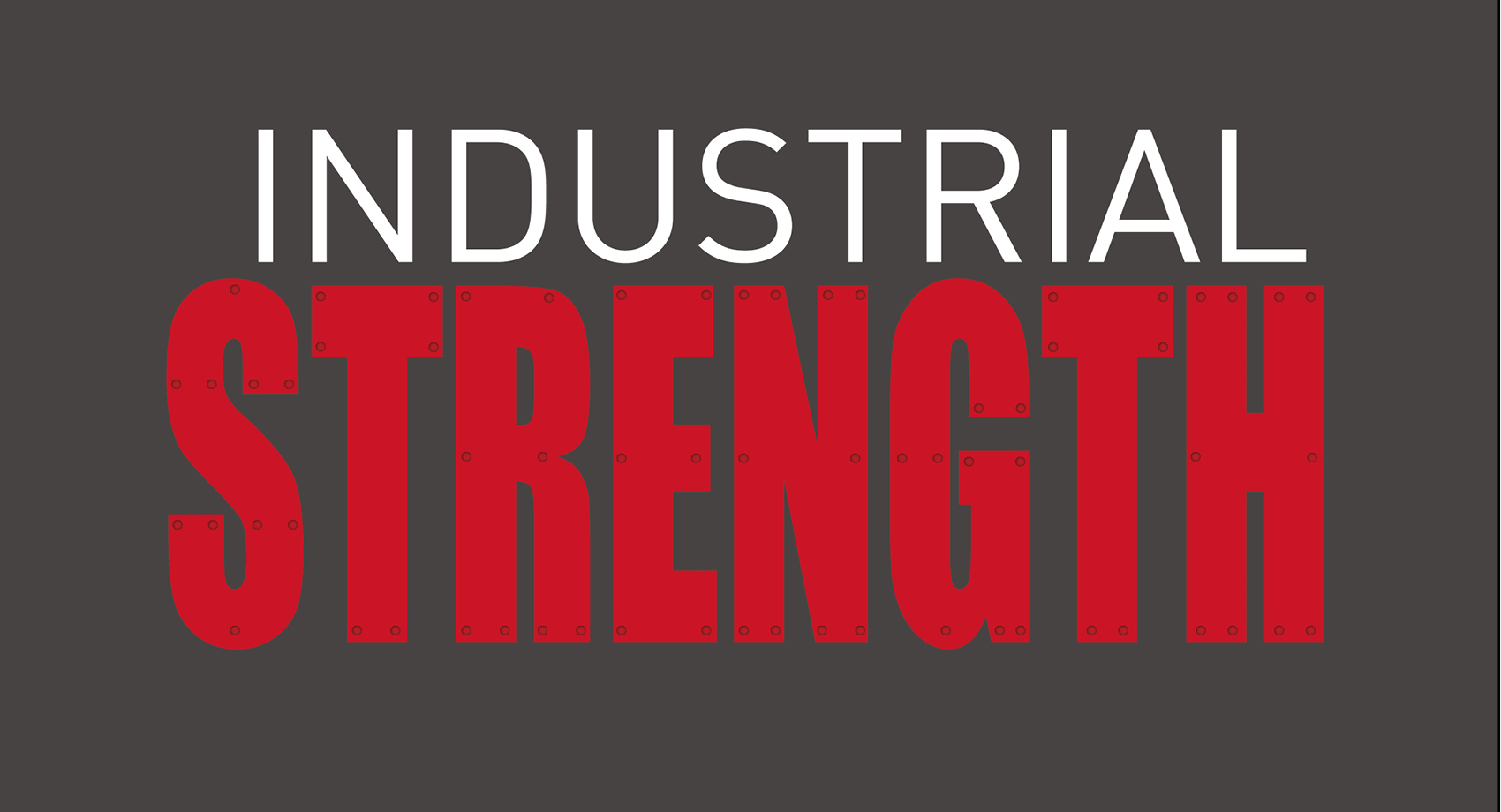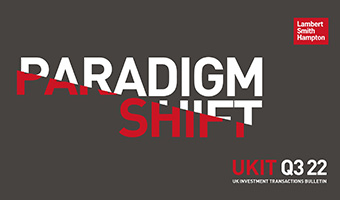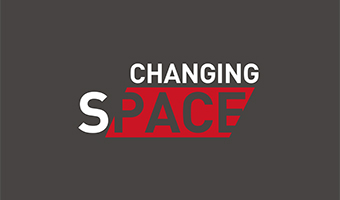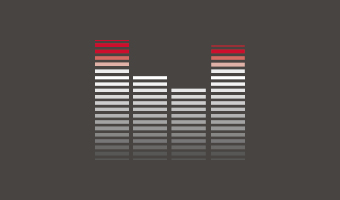Overseas BUYERs drive recovery in volumes
£13.9bn of assets changed hands in Q2, rebounding 24% on the previous quarter and 7% above the five-year quarterly trend. However, the uptick reflected the increased prevalence of especially large deals, with the number of transactions down slightly on Q1.
Download the full UKIT Q2 2021 report here.
Considerable global investment appetite for UK industrials was reflected in a third successive quarter of colossal volume, reaching £3.50bn in Q2 and almost twice trend level. Distribution warehouses continued to dominate with volume of £2.5bn, the largest deal being Blackstone’s £283m (NIY 5.95%) acquisition of the Albion Portfolio from Westbrook Partners. Arguably, however, Q2’s most notable deal was British Land’s £87m purchase of a warehouse in Enfield, a debut buy in the sector for the renowned retail investor.
Despite uncertainty over the direction of occupier demand in the wake of the pandemic, Q2 office volume of £4.6bn rebounded by 72% on Q1 and was only 9% below trend. Office parks was the only subsector to perform above trend, however, with volume of £1.0bn dominated by Brookfield’s £714m acquisition of the Arlington portfolio, the largest overall deal in Q2. Comprising 36 assets spanning the UK’s science ‘golden triangle’, the deal reflects strong investor appetite for science covenants in the current climate.
The residential sector is now firmly established in the investment landscape, especially so given the resilience and performance of the wider UK residential market over the past year. At £1.4bn, residential investment surpassed the £1 billion mark for a fourth successive quarter, Q2’s largest deal being Heylo Housing Group’s £365 acquisition of a shared ownership portfolio from Local Authorities Property Fund.
The recovery of investment activity in the retail sector continued in Q2, with volume of £1.5bn closely in line with Q1 and only 10% below the five-year quarterly average. The recovery continues to reflect a strong groundswell of demand for retail warehouses, where trading resilience and a perception of relative value drove volume to a four-year high of £855m in Q2, boosted by Brookfield’s £330m (NIY 8.60%) portfolio purchase of seven retail parks from Hammerson.
Overseas investors remained net buyers of UK property in typical fashion, ploughing £7.7bn into UK real estate in Q2, the strongest since the onset of the pandemic and 20% above trend. North American buyers were by far the most acquisitive in Q2, with investment of £4.9bn. Brookfield alone invested close to £2bn in Q2 and was behind the two largest overseas deals, the aforementioned Arlington Portfolio and its £630m purchase of 30 Fenchurch Street, EC3. In contrast, investment from the Far East remained subdued at £970m, down 47% on the five-year quarterly average.
Meanwhile, investment from domestic investors rebounded by 20% quarter-on-quarter but was nevertheless 6% below trend in Q2. Notably, however, institutional volume of £2.0bn was twice Q1’s level and back in line with trend, while net-selling of only £122m in Q2 compared with £1.1bn in Q1. Aberdeen Standard led institutional purchasing in Q2, with investment of circa £500m entirely focused on the industrial sector.
The sharp outward movement in the average transaction yield in Q1 2021 was partially reversed in Q2. The All Property average transaction yield moved in by 13bps in Q2 to stand at 5.64%. The inward movement was driven in part by strong pricing in the industrial sector, where the average yield moved in by 38bps from Q1 to an all-time low of 4.56%.
Ezra Nahome, CEO of Lambert Smith Hampton, commented:
“While an atmosphere of caution persists around unlocking of restrictions, the sheer weight of global capital pouring into UK real estate is testament to its enduring status as a relative safe haven.
With strong and unwavering demand set to continue for secure income, the availability of stock is perhaps the main possible impediment to volume. And, subject to avoiding any relapses with the virus, I am confident that volumes and activity will improve further still in the second half of the year.
The residential market has benefitted hugely from government interventions over the past year. With greater perceptions of risk in other commercial sectors in the wake of the pandemic, investment exposure to residential may well start to move ahead of the other core commercial sectors in the near future.
As some parts of the retail sector exhibit encouraging signs of recovery, after everything we’ve been through, the spotlight of uncertainty has arguably shifted towards the office sector. Aligning offices to be better suited to post-pandemic demand is likely to be a significant area of value-add opportunity moving forward, albeit as and when pricing moves closer to buyer aspirations."
Download the full UKIT Q2 2021 report here.
Get in touch





Email me direct
To:
REGISTER FOR UPDATES
Get the latest insight, event invites and commercial properties by email







